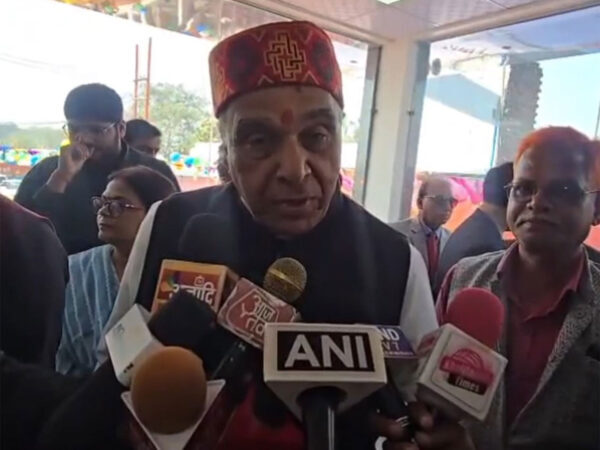
40 Journalists On Surveillance, Says Report; Govt Denies
The names of over 40 Indian journalists appeared on the leaked list of potential targets for surveillance by an unidentified agency using Pegasus spyware, according to a report published in The Wire.
Meanwhile, the Ministry of Electronics and Information and Technology refuted the reports of surveillance of journalists.
“The allegations regarding government surveillance on specific people has no concrete basis or truth associated with it whatsoever. In the past, similar claims were made regarding the use of Pegasus on WhatsApp by the Indian State. Those reports also had no factual basis and were categorically denied by all parties, including WhatsApp in the Indian Supreme Court,” the Ministry of Electronics and Information and Technology said in its response.
“This news report, thus, also appears to be a similar fishing expedition, based on conjectures and exaggerations to malign the Indian democracy and its institutions,” the Ministry added.
The spyware ‘Pegasus’ is developed by Israel-based NSO Group. The company specialises in hacking devices and caters to various governments of the world for spying purposes.
Forensic tests have also confirmed that phones of some of these journalists were successfully infected with the Pegasus malware, the report said.
According to the report, the journalists who were targeted work for some news organisations in the country including Hindustan Times, The Hindu, India Today, Indian Express and Network18. Many of them cover matters related to Defence, Home Ministry, Election Commission and Kashmir among others.
The Wire said phones of its founder-editors Siddharth Varadarajan and MK Venu were also targeted with Pegasus spyware.
Some of the prominent journalists whose names are mentioned in the leaked list include Shishir Gupta, Prashant Jha, Rahul Singh, Sandeep Unnithan, Manoj Gupta, Vijaita Singh and J Gopikrishnan, the report said.
According to The Wire, the leaked list was first accessed by France-based Forbidden Stories and Amnesty International and later shared with The Wire and 15 other news organisations worldwide as part of a collaborative investigation named the ‘Pegasus Project’.
Notably, the presence of a phone number in the list alone does not reveal whether a device was infected with Pegasus or subject to an attempted hack. But the Pegasus Project suggests potential targets for surveillance attempts.
Independent digital forensic analysis conducted on 10 Indian phones whose numbers were present in the data showed signs of either an attempted or successful Pegasus hack, reported The Wire.
In November 2019, messaging app WhatsApp had revealed that journalists and activists in India have been the target of surveillance by operators using the Israeli spyware, Pegasus.
The then Electronics and Information Technology Minister Ravi Shankar Prasad had informed the Parliament that Pegasus spyware was developed by an Israel-based company NSO Group in an attempt to reach mobile phones of 1,400 users globally including 121 users from India.
The spyware first made global headlines in 2016 when an Arab activist reported a mysterious message on his phone. (ANI)



